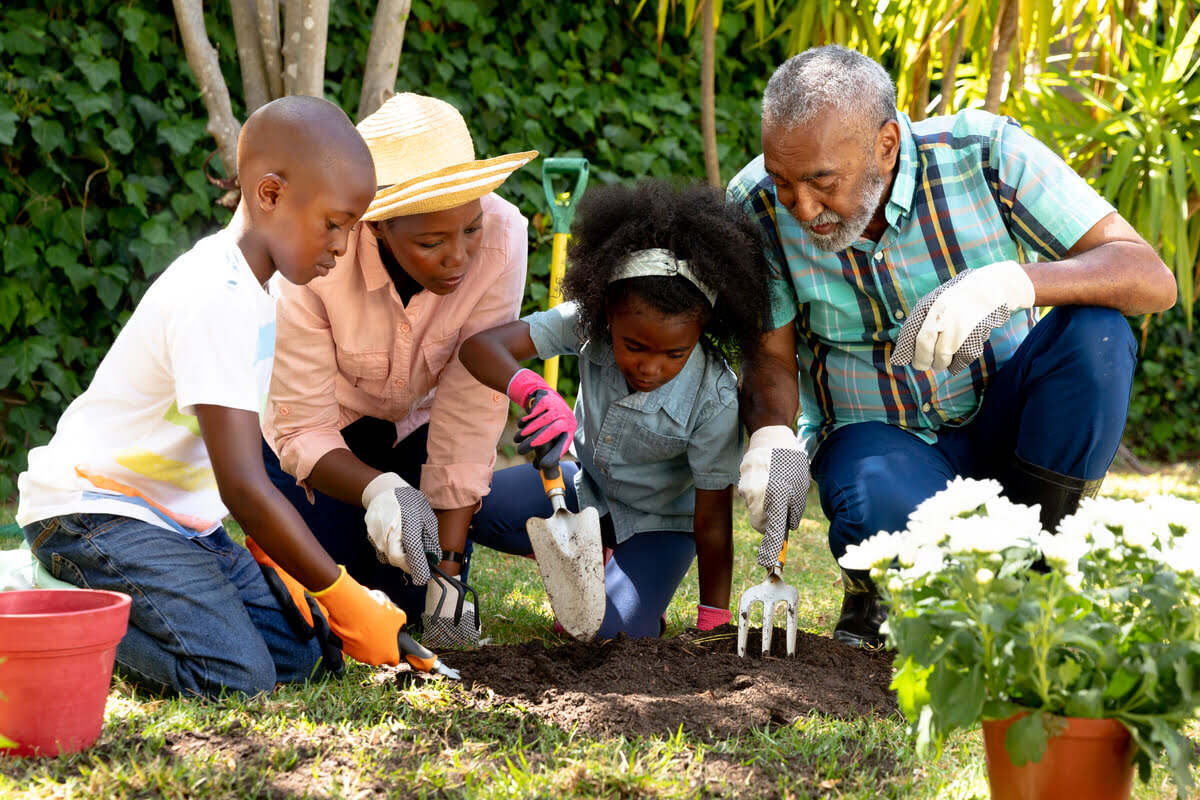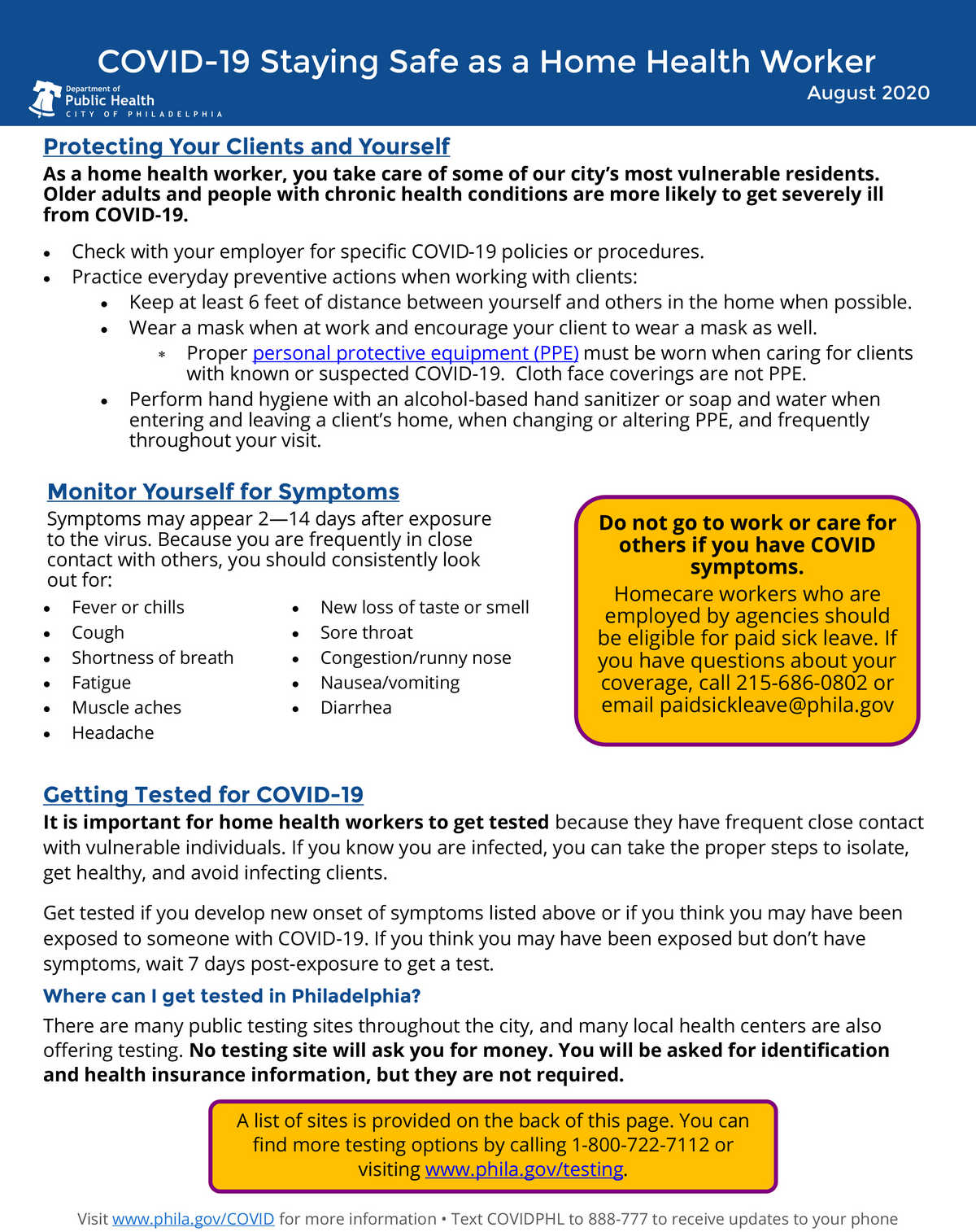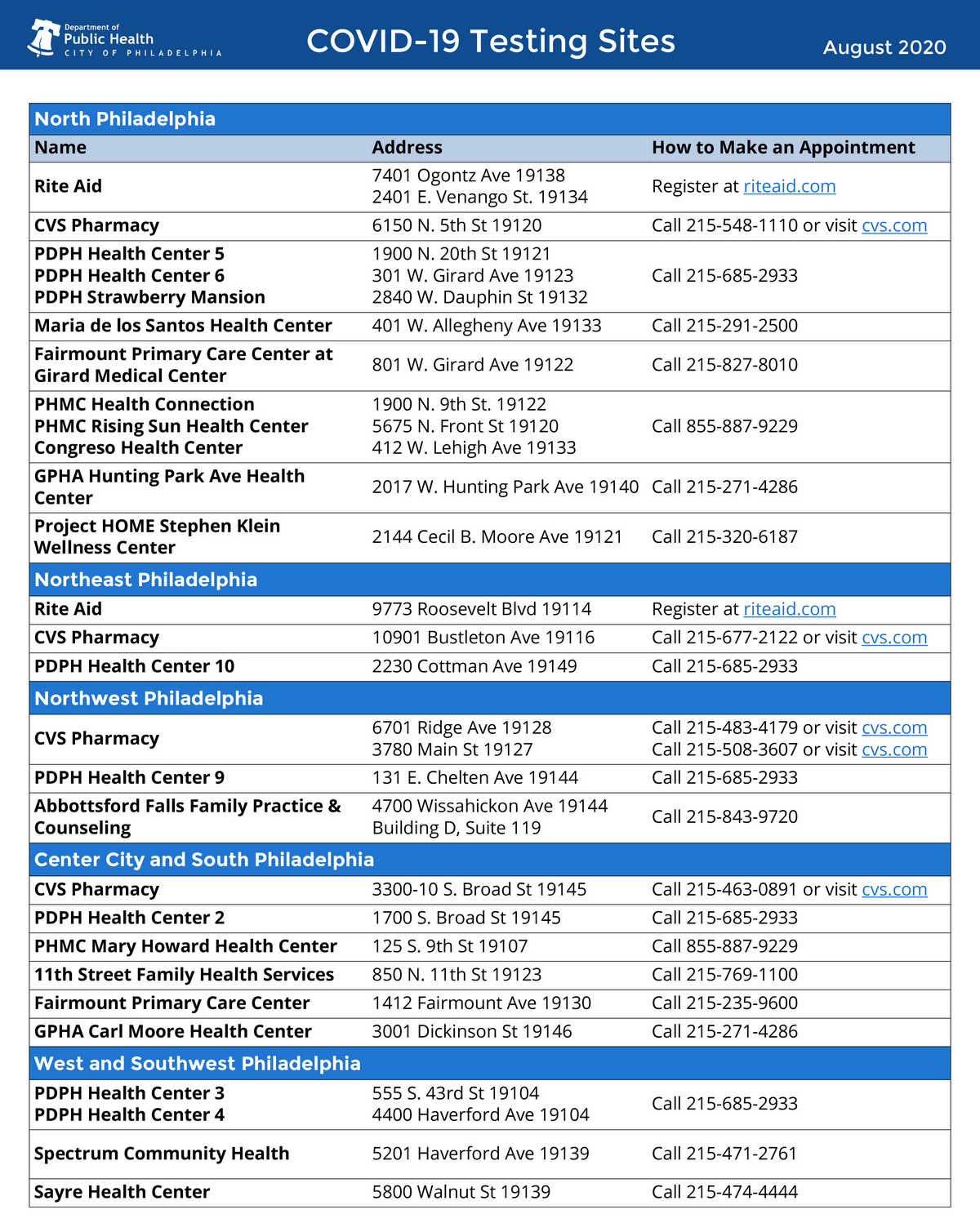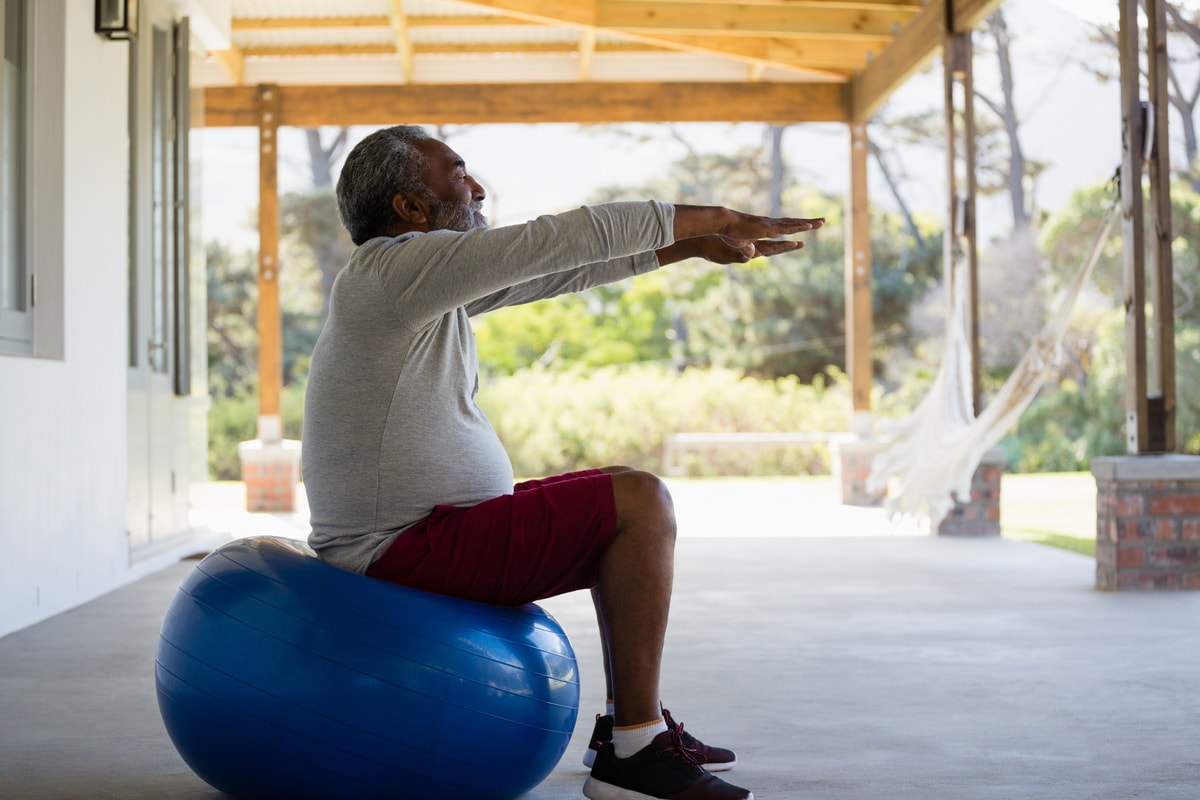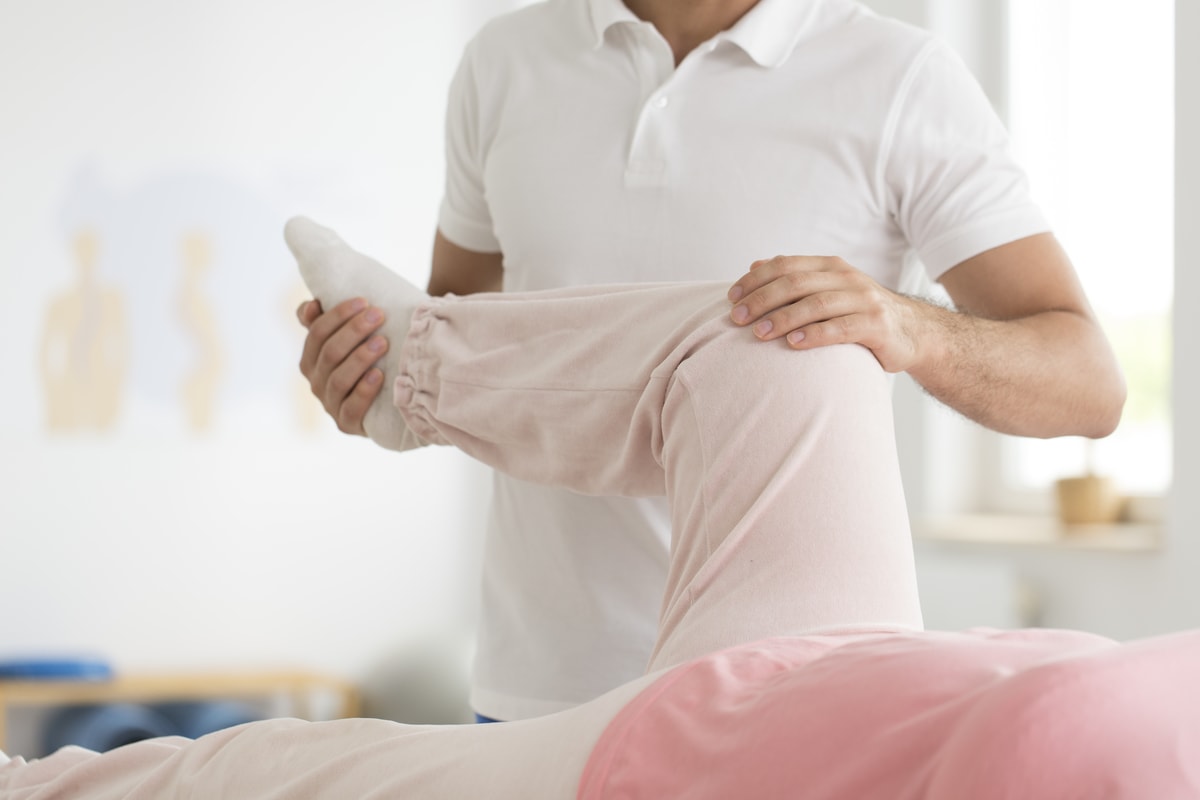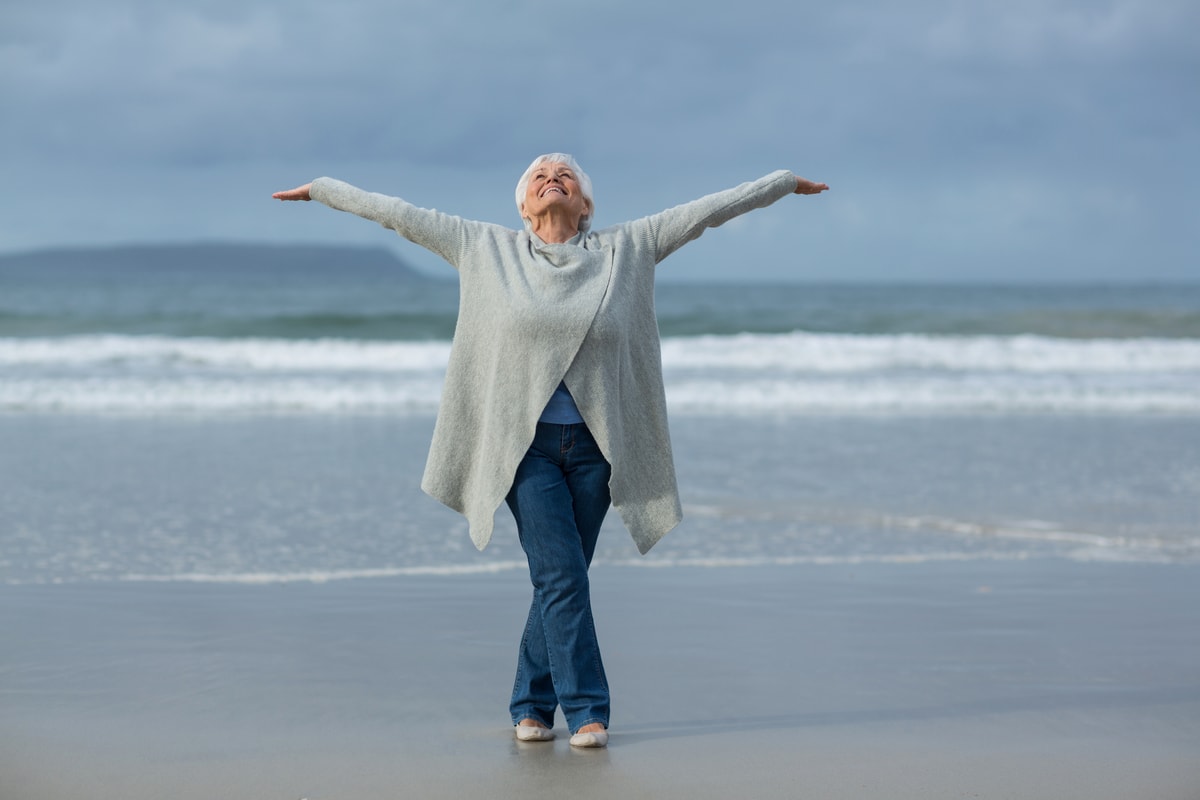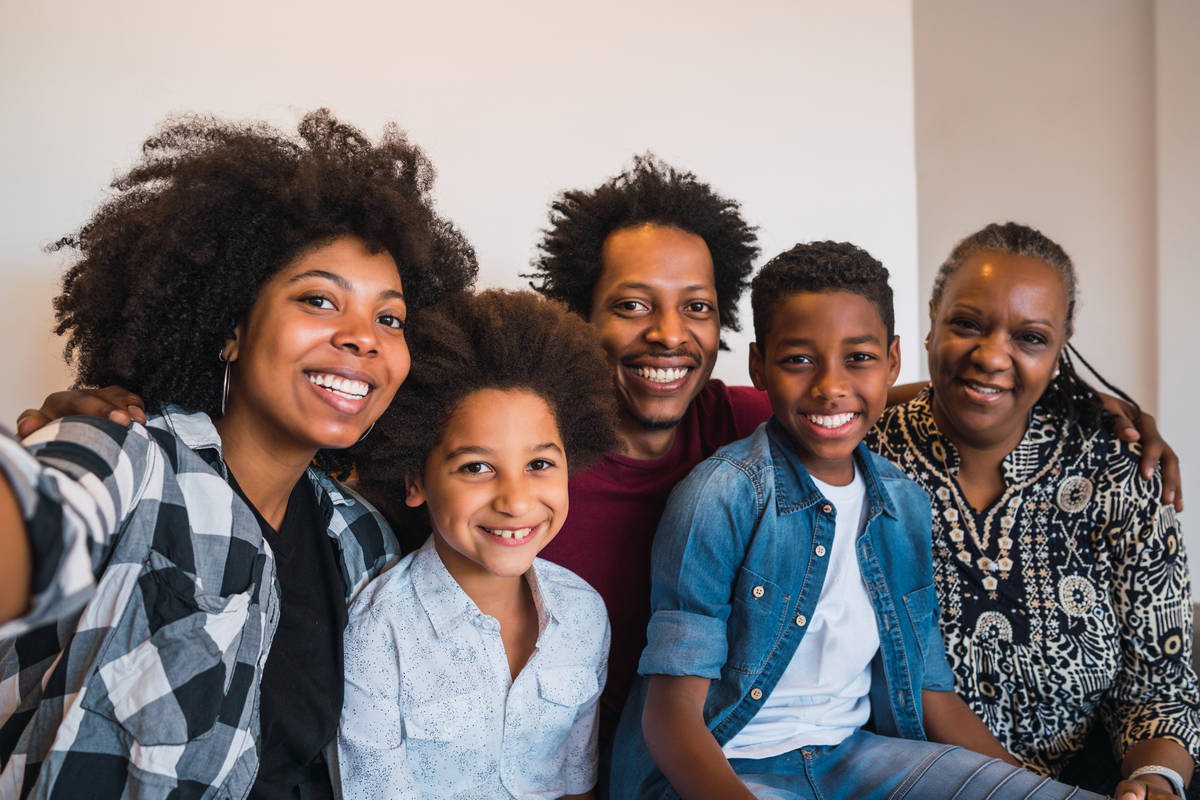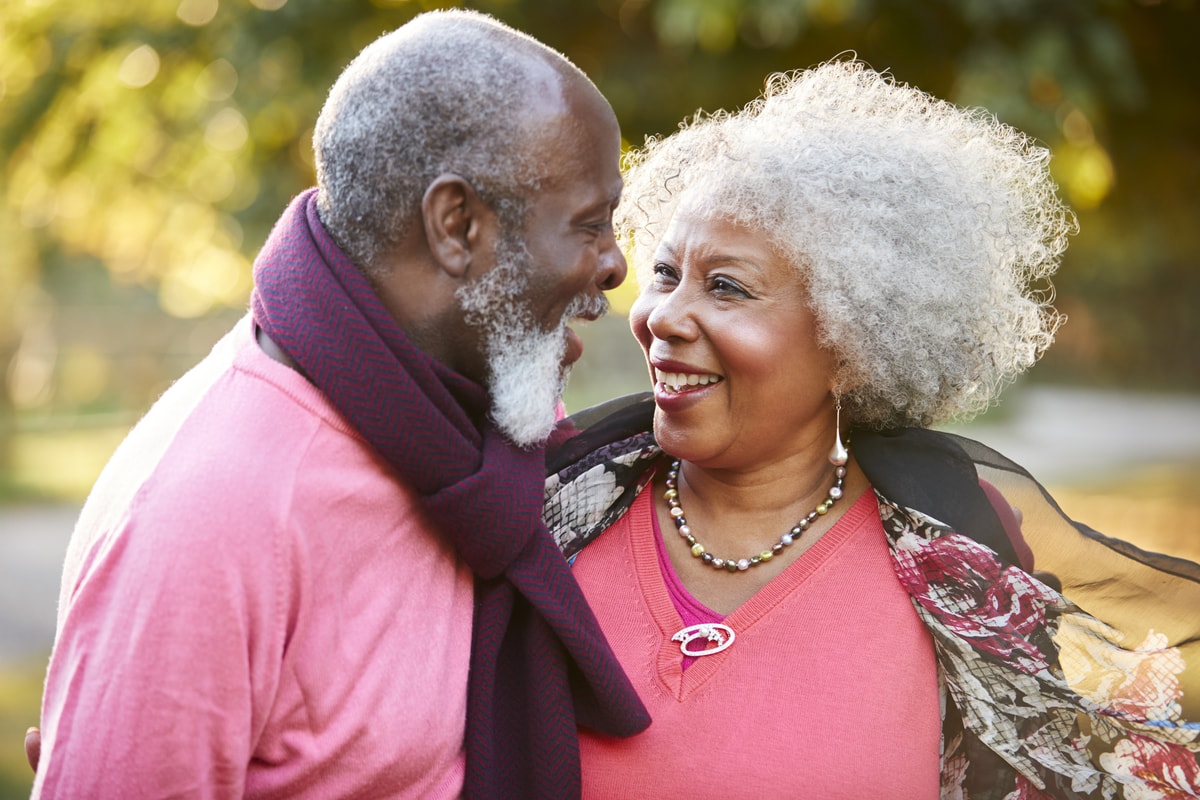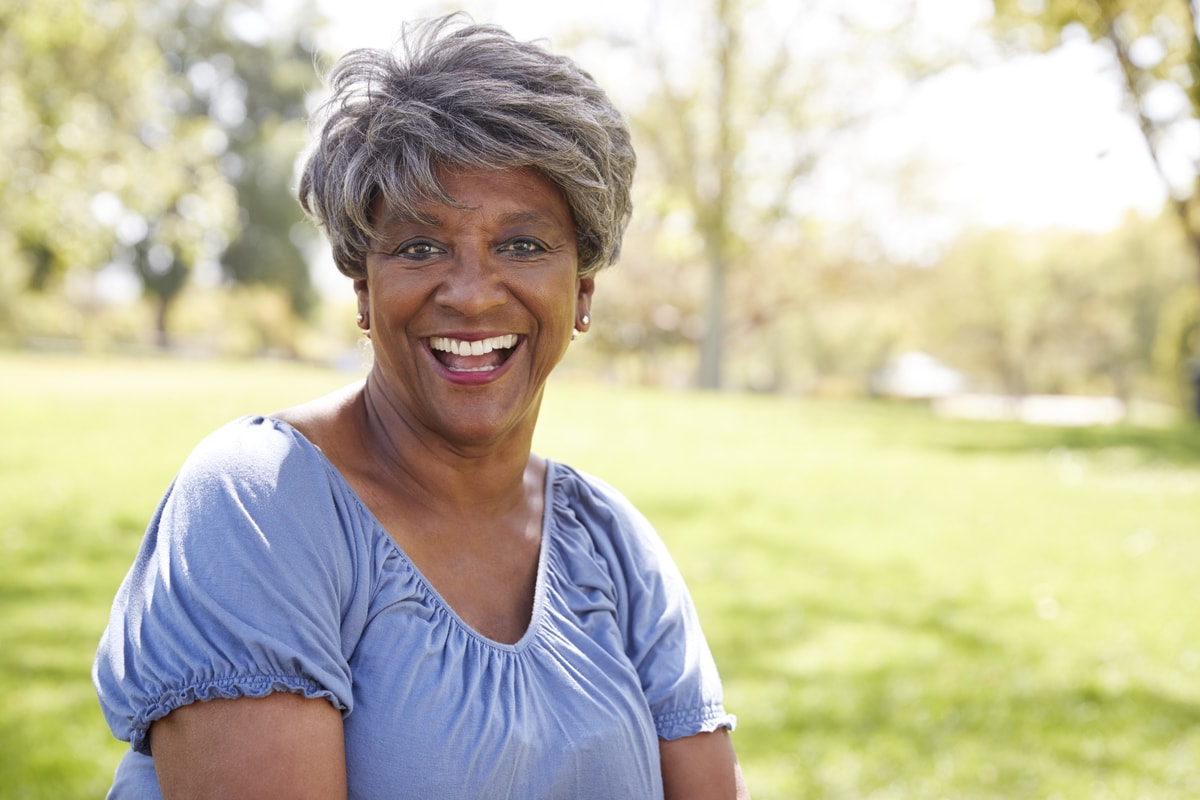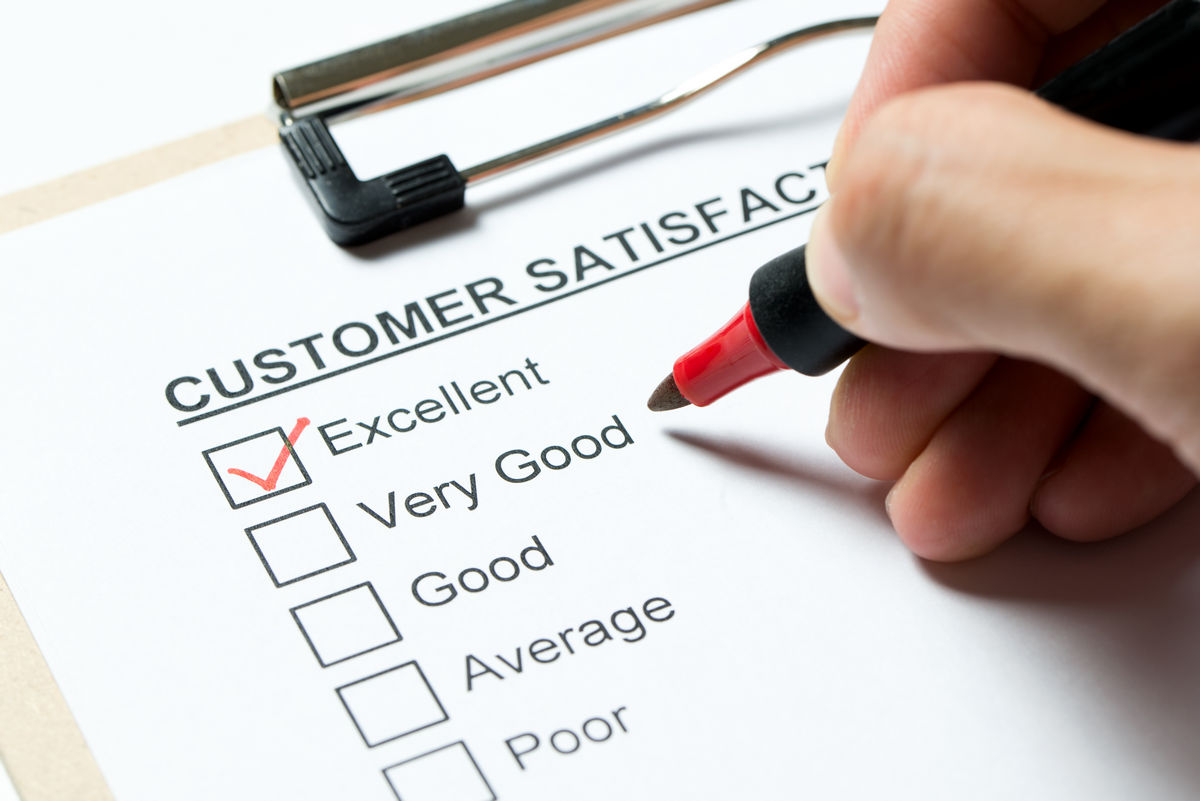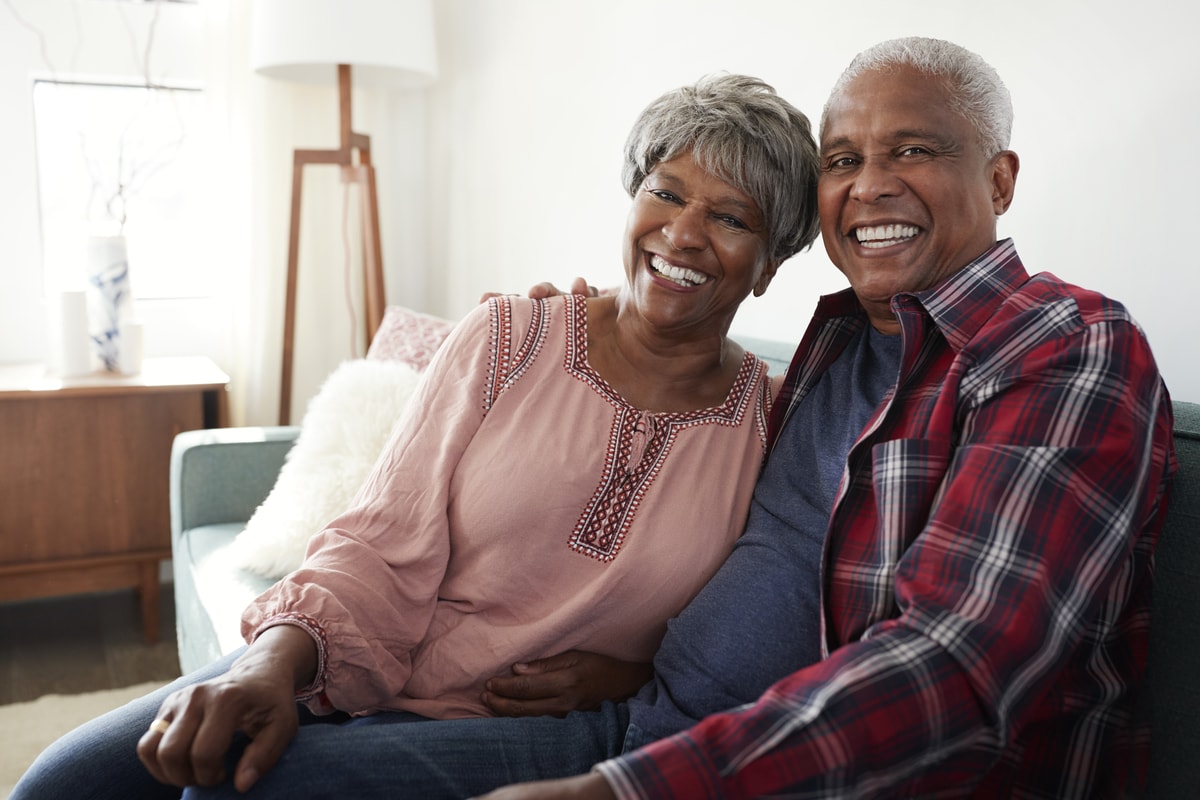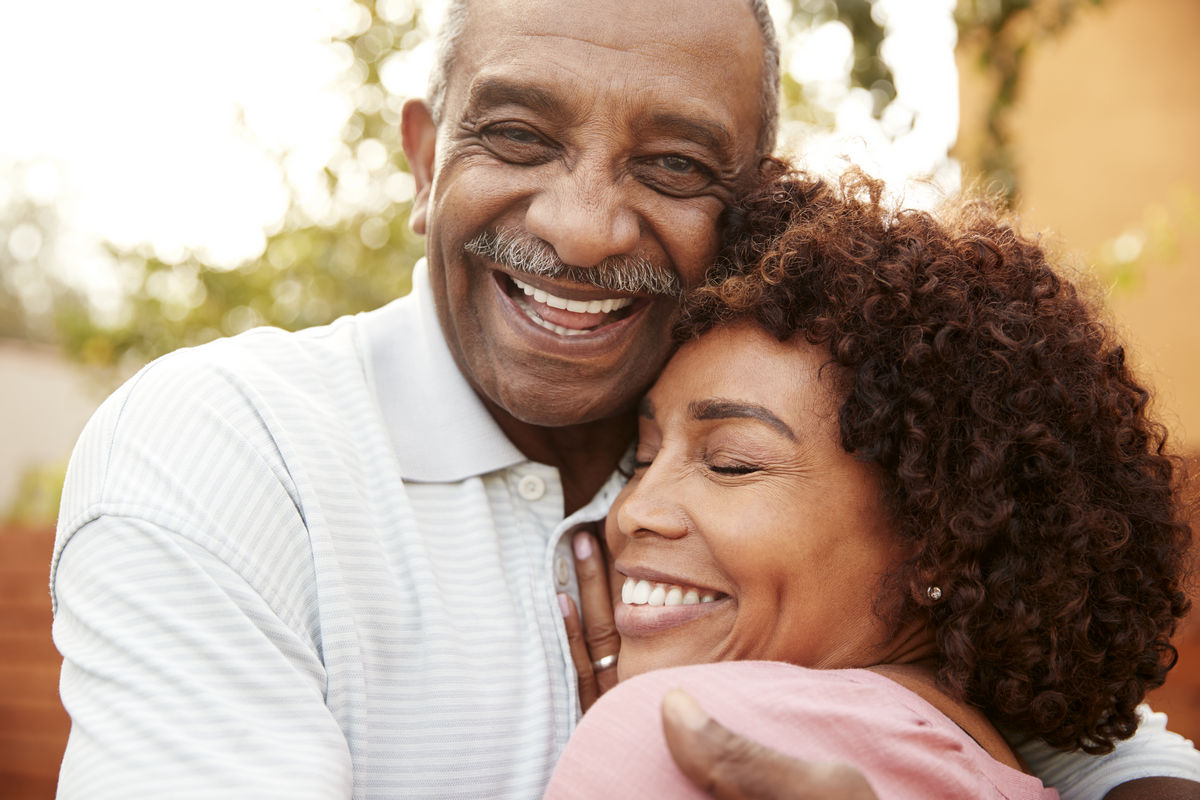While the world begins to re-open stores, schools, theaters, amusement parks, and more- many seniors and caregivers are still sitting at home waiting for safer conditions before they fully re-enter society.
And with so much time on their hands, they’re looking for more to do than just watch TV or read a book.
If that sounds like you, or someone you know, here’s a list of 5 popular pandemic hobbies to help you occupy your time!
Make the most of your days with worthwhile and enlightening activities.
1. Gardening
As we all strive to navigate through this uncertain time, some hobbies have skyrocketed in popularity.
Gardening is one of those hobbies. In fact, gardening went up 100% on Google Trends– a whopping twice as much as last year!
Gardening is a great way to spend some quality time out in the fresh, open air. And, there’s so much to do: planting new flowers, designing topiaries, growing fruits and vegetables, creating raised gardens beds. The creative possibilities are endless.
2. Cooking
Another fan favorite has been the #QuarantineFifteen.
During the months of quarantine and social distancing, many caregivers and seniors have finally found time to not only enjoy the food they eat, but also the cooking process beforehand. Searches for “recipe” of all kinds went up 100% when compared to 2019’s search trends.
Sitting or standing, humming along to music or listening to a podcast, chatting on the phone or pondering in silence- there are so many ways to enjoy yourself while cooking. Not to mention, the delicious food that comes after!
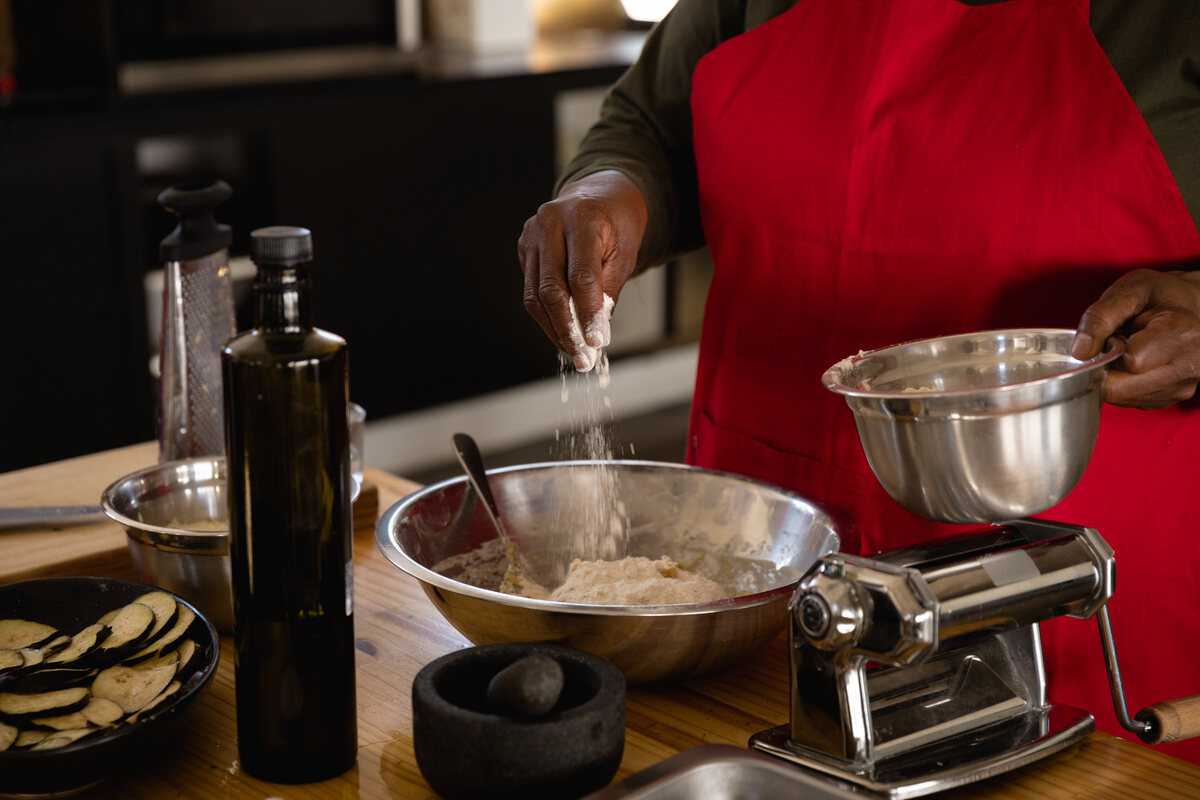
3. Pet Fostering
One good thing to come from this pandemic is that animal shelters have emptied tremendously.
Animals give people joy and companionship. So, it’s no surprise that during these trying times, people have flocked to animal shelters to help not only the animals, but also themselves.
One act, two kindnesses.
If you’re looking for way to boost your mood at home, consider fostering a pet for a little extra love and fluffiness in your life.
4. DIY Projects
“Do it yourself” activities have become a huge hit in recent months. With most people stuck at home, it’s been hard to make purchases and hire others to do work around the house. This struggle has encouraged many to start fixing up their homes on their own and even making their own products.
For seniors and caregivers who are goal oriented, DIY’s are a wonderful hobby. There are plenty of easy-to-follow DIY videos online, as well as books and magazines that feature various projects.
Furniture, cosmetics, clothing, stickers, home renovations, jewelry- there’s so much to choose from that you’re bound to find something you just can’t wait to make!
5. Backyard Birding
Spending so much time at home has also allowed seniors and caregivers to gain a new appreciation for their homes and the wonders that reside in their own backyards.
Backyard birding is a calming activity that brings a sense of excitement to your own backyard. You’ll suddenly take note of things you never noticed before like rare birds, unusual melodies, interesting migration patterns, and more.
AmeriBest Home Care caregivers are ready to assist you or your loved one with daily activities so that you can peacefully enjoy your favorite hobbies.
Call AmeriBest Home Care today by phone: 215-925-3313
We will always be happy to take care of you!

